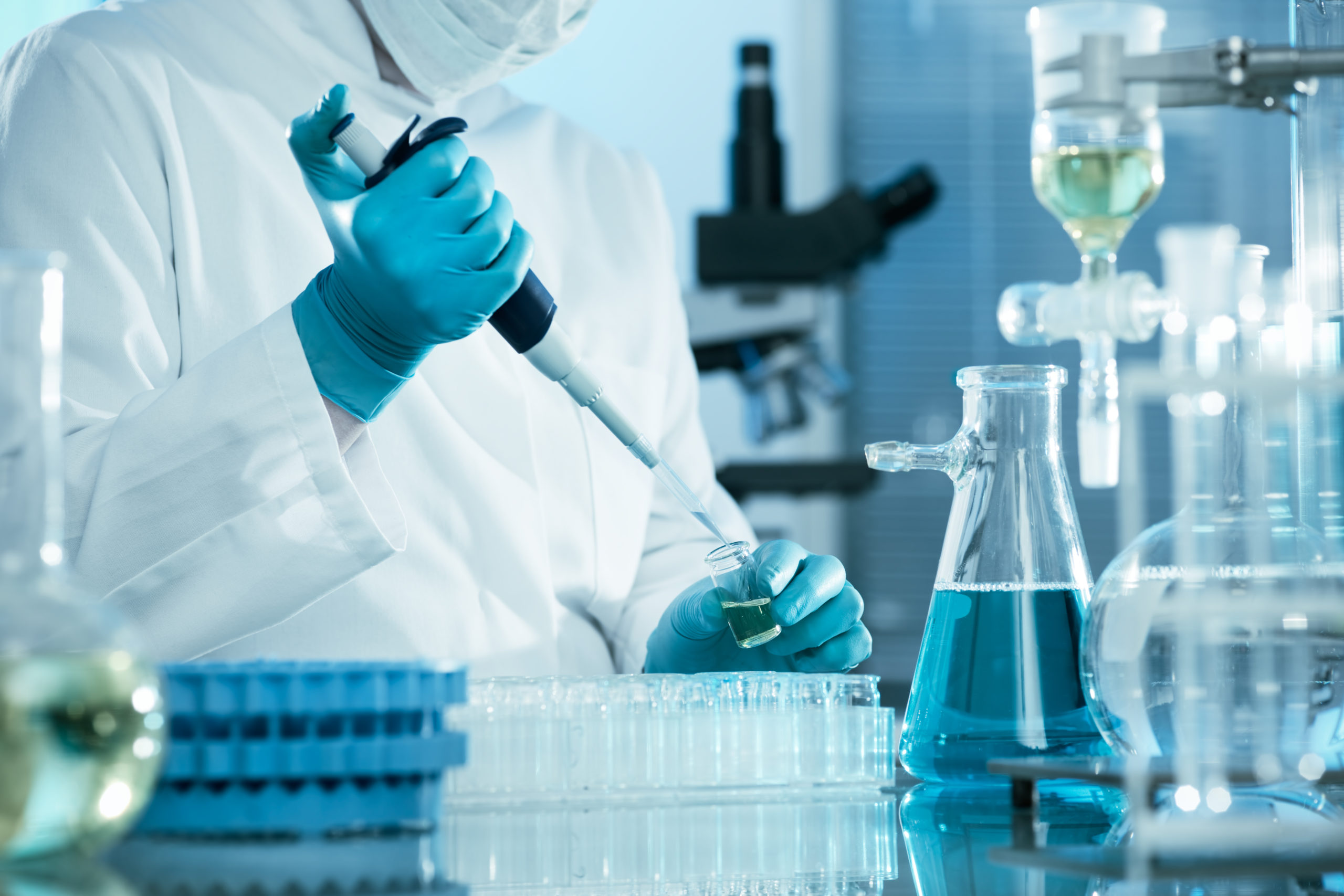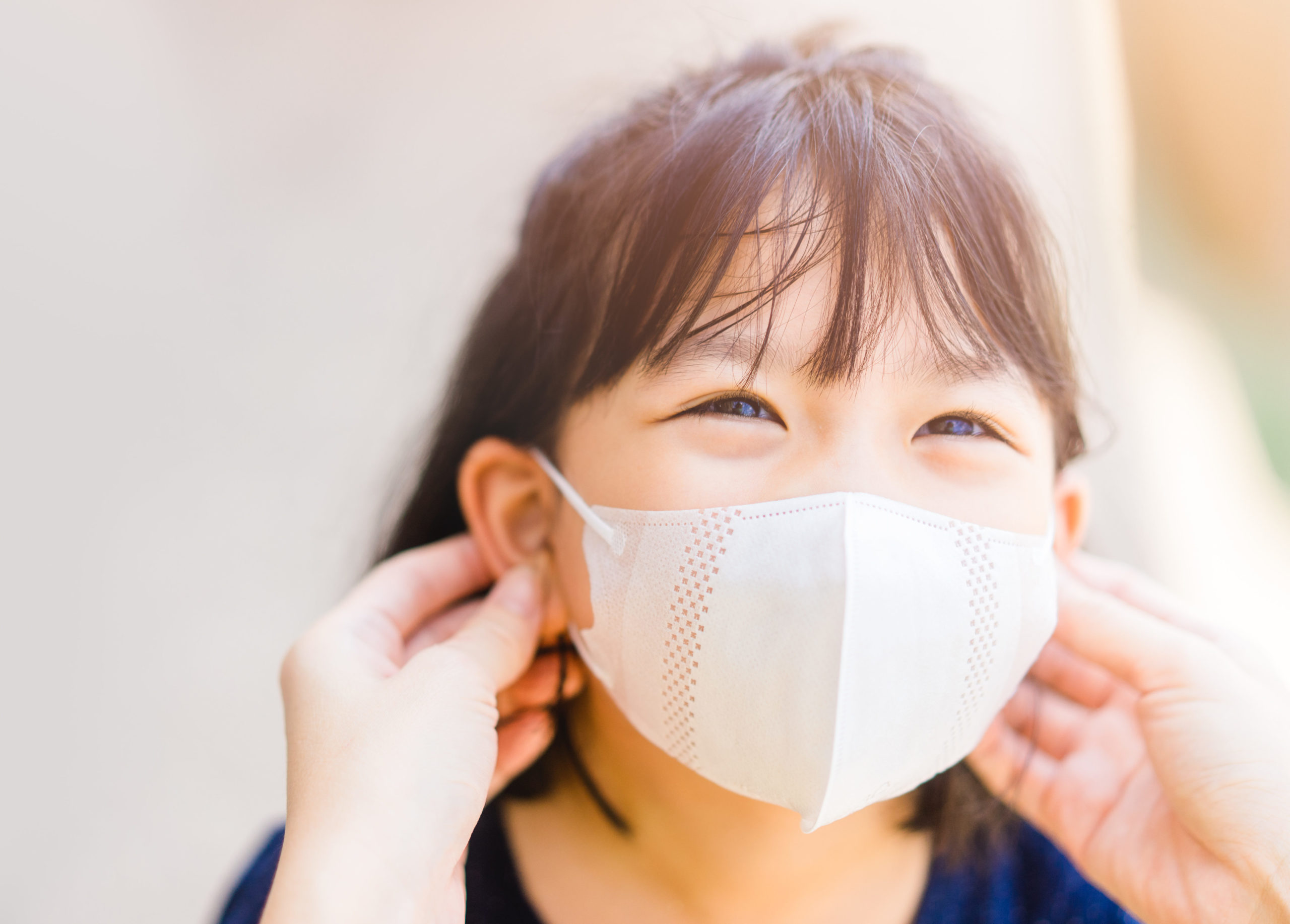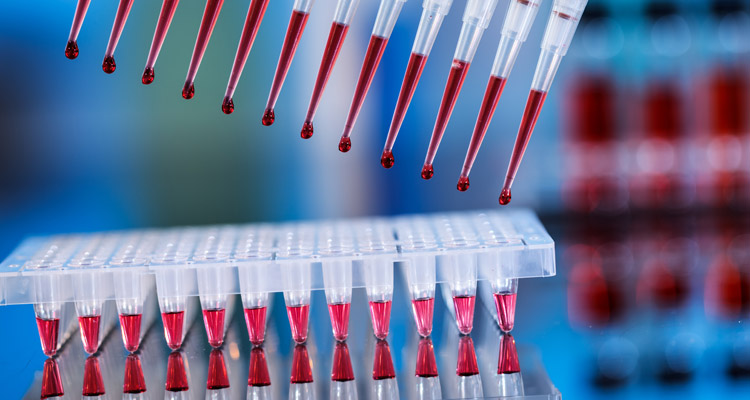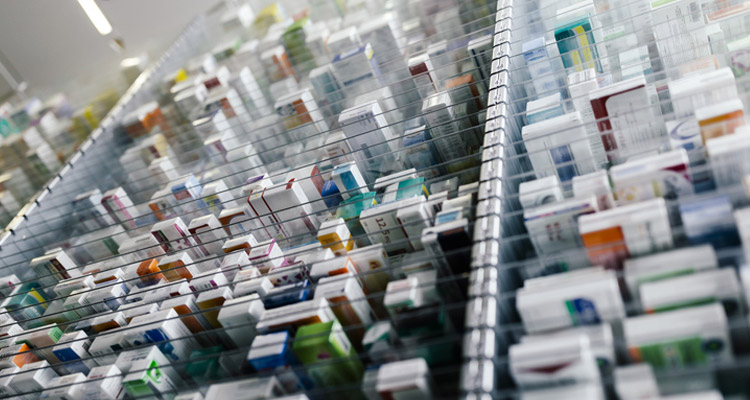Patents for Humanity is a United States Patent and Trademark Office (USPTO) awards program that was started in 2012 to recognize and encourage the application of innovative technologies to solve problems in underserved or impoverished communities. These struggling communities are unable to attract as much commercial interest for a variety of reasons, including the lack of capital, lack of infrastructure, low education levels, or insufficient legal protections. The awards seek to offset the diminished commercial incentives as well as recognize innovators who prevailed against these challenges to bring life-changing technologies to those in need. On August 9, 2018, the USPTO announced this year’s winners of the Patents for Humanity awards.
From nine winners selected this year, four were in the field of healthcare:
- Medtronic won the award for its creation of a portable low-water use kidney dialysis machine. The machine uses only about 20 liters of water per treatment, roughly a quarter of the amount required by current systems. It weighs 50 pounds and is the size of a small suitcase. Approximately 700 million people in the world today are in need of dialysis. This new dialysis machine can bring these life-saving treatments to many patients in the developing countries that lack the infrastructure to provide stationary machines that demand huge quantities of water.
- The U.S. National Institutes of Health won the award for creating a low-cost rotavirus vaccine that remains stable for two years without refrigeration. Rotaviruses cause severe diarrhea that results in more than 200,000 child deaths worldwide each year. The award-winning vaccine addresses six of the most common rotaviruses. The government of India has already ordered 3.8 million doses for its Universal Vaccination Program.
- Little Sparrow Technologies won the award for developing a low-cost device for treating jaundice in infants. Jaundice causes approximately 100,000 infant deaths annually in developing countries. These deaths are fully preventable, but the current devices were too expensive for most developing countries. Little Sparrow’s machine runs on battery power, collapses for easy transportation, and is built from off-the-shelf parts. The World Health Organization included this device in its Compendium of Medical Devices for Global Health.
- Kinnos Inc. won the award for creating a color-changing chemical additive for chlorine which helps to indicate proper surface disinfection with chlorine in Ebola treatment centers. The additive turns the surface blue to indicate that it has been properly disinfected. The color fades with time so healthcare workers can easily see if a surface needs additional treatment. The additive has already been used in Liberia, Guinea, Haiti, Uganda, and Democratic Republic of Congo. The Hazmat team of New York Fire Department has also been using this additive.
The USPTO also named six honorable mentions. We would like to recognize that one of our partners,[1] Vanderbilt University, was awarded an honorable mention for developing and distributing antibodies for the Zika virus to other researchers.[2] The antibodies enable further work to develop vaccines and treatments.
Congratulations to all the winners! As stated by Edward Elliott, the program manager of Patents for Humanity, “Patents for Humanity seeks to recognize innovators of all types by celebrating their varied contributions to our common goal: bringing prosperity to every corner of the globe.”[3] These recipients show how even a small group of dedicated people can impact lives around the world.
[1] https://deerfield.com/PressRelease.aspx?PressReleaseID=142
[2] https://cttc.co/blog/20180809/uspto-awards-crowe-lab-and-vanderbilt-honorable-mention-2018s-patents-humanity-winners
[3] http://www.wipo.int/wipo_magazine/en/2017/02/article_0003.html










